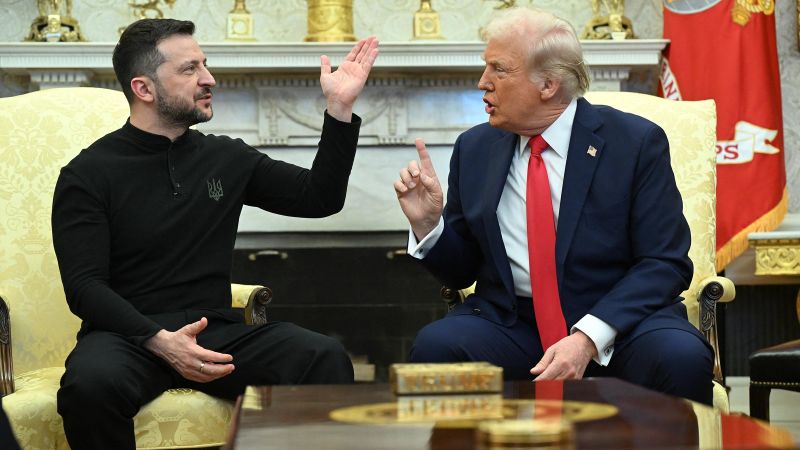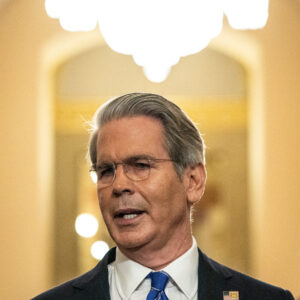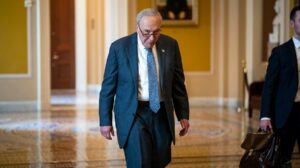
Foreign leaders’ visits to the White House, traditionally marked by diplomatic decorum and mutual respect, have taken a dramatic turn under President Donald Trump’s administration. The public confrontation with Ukraine President Volodymyr Zelensky in February, where Trump criticized Zelensky for not showing enough gratitude, has sent shockwaves through the diplomatic community. This incident, coupled with Vice President JD Vance’s support of Trump’s scolding, has left many foreign dignitaries reconsidering their approach to Oval Office meetings.
The meeting with Zelensky, intended to discuss Ukraine’s ongoing conflict with Russia, instead turned into a heated exchange, with Trump threatening to withdraw support. This shift in dynamics has prompted foreign leaders to prepare for a more confrontational and unpredictable environment when visiting the White House.
Changing Dynamics in Diplomatic Engagements
Trump’s interactions with foreign leaders have often been marked by unexpected accusations and tense exchanges. His unfounded claims of genocide against South African President Cyril Ramaphosa and confrontational meetings with Canada’s Prime Minister Mark Carney have further highlighted the shift in Oval Office norms. According to five former senior diplomats, the atmosphere in Trump’s White House resembles a boxing ring or a television set more than a traditional diplomatic setting.
Gérard Araud, France’s former ambassador to the US, emphasized the need for foreign leaders to avoid contradicting Trump publicly, as it could lead to a loss of face for the president. “You never contradict Trump publicly, because he will lose face and that’s something that he can’t accept,” Araud stated.
Anticipating Netanyahu’s Visit
As Israeli Prime Minister Benjamin Netanyahu prepares for his upcoming White House visit, there are indications that he aims to avoid any potential conflicts. Despite his close relationship with Trump, Netanyahu has reportedly accepted a 60-day ceasefire proposal in Gaza, following Trump’s announcement of his intention to be “very firm” on the matter.
Gabrielius Landsbergis, Lithuania’s former foreign minister, described Trump’s meetings as opportunities for the president to assert his dominance, often at the expense of others. “This is a show,” Landsbergis remarked, highlighting Trump’s penchant for turning diplomatic engagements into spectacles.
Trump’s Evolving Approach
Arturo Sarukhán, Mexico’s former ambassador to Washington, characterized Trump’s meetings as “diplomatic vandalism and trolling.” According to Joe Hockey, former Australian ambassador to the US, Trump has become more confident and transactional in his second term, less concerned about potential criticisms or limitations. This newfound confidence has led to unprecedented tariffs and strained relations with both allies and adversaries.
Araud noted that European leaders are particularly unsettled by Trump’s approach, describing them as being in a state of denial and panic. The Oval Office, adorned with gold details, reflects Trump’s vision of US history and serves as both a showplace and a workplace.
Advice for Navigating Trump’s White House
For foreign leaders, preparing for a meeting with Trump involves thinking in terms of television, as advised by Landsbergis. While pushing back against Trump may be risky, it can also be strategically advantageous. Sarukhán suggested that leaders should be prepared for diplomatic “jiu jitsu” and not expect smooth interactions.
Rufus Gifford, former US ambassador to Denmark, warned against trying to insincerely charm Trump, as it may work temporarily but not in the long term. He advised leaders to be genuinely grateful and allow Trump to dominate the conversation. Araud echoed this sentiment, likening Trump’s White House to a “North Korean” environment where subordination is key.
Despite the challenges, Landsbergis believes the opportunity to communicate directly with Trump is invaluable, especially for smaller countries like Lithuania. Navigating the complexities of Trump’s Oval Office requires treating the president as a whimsical and unpredictable figure, with Araud noting that Trump is the sole decision-maker, often acting on impulse.






